7 Helpful Hints for Managing Practical and Emotional Concerns After a CLL/SLL Diagnosis
Your doctor has diagnosed you with Chronic Lymphocytic Leukemia (CLL) or Small Lymphocytic Lymphoma (SLL). Before 2000, doctors considered these to be two separate blood cancers. Since that time, the consensus is that they are essentially the same condition. CLL and SLL are both blood cancers that affect b-cells which are a part of our immune system. Dr. Adrian Warnock, M.D., a CLL patient and physician from the United Kingdom, recently posted an article on our partner website (Blood Cancers Uncensored) that defines CLL and SLL. If we refer only to CLL, it can be assumed that we mean both CLL and SLL.
Chronic Lymphocytic Leukemia (CLL) is the most common type of adult leukemia. Estimates of new cases for 2020 are more than 20,000 in the U.S. and approximately 45,000 worldwide. CLL varies from patient to patient; this makes it imperative that your doctor perform specific tests to identify the genetic characteristics of your variant of CLL/SLL. These tests can predict how soon after diagnosis you might need treatment and whether particular treatment options will work. The non-profit CLL Society, Inc. has a strong message for physicians treating CLL patients; they want doctors to Test Before Treat™. In this video, Dr. Adrian Wiestner, M.D., a senior investigator at the National Institutes of Health in Bethesda, Maryland, explains the importance of this testing and discusses the testing recommended at the time of diagnosis or before starting CLL/SLL treatment.
Helpful Hint #1 - You need to ask your doctor to consider these tests. They need to explain them to you!
Helpful Hint #2 – See a doctor who specializes in CLL/SLL or at least blood cancers.
Doctors who treat blood cancers are called hematologist oncologists. Blood cancers are relatively uncommon diseases, so that it can be beneficial to be treated by a doctor specially trained to focus on treating patients with blood cancers. Research shows that CLL/SLL patients who have a specialist as part of their medical team live longer and experience better outcomes than those who do not. Our blog post, 6 Reasons CLL Specialists Help Patients Live Longer explains the benefit of a CLL Specialist on Your Team.
How do I find a CLL specialist? CLL Pharmacist has compiled a directory of more than 470 CLL specialists in 32 countries and 41 U.S. states. By providing your name and e-mail in the space below, you will automatically receive a copy of this document or you can e-mail me at [email protected].
There are several other lists or other assistance available that may help you:
• The National Cancer Institute (NCI) www.cancer.gov or 1-800-4-CANCER publishes a list of NCI Designated Cancer Centers. These facilities likely will have a doctor or several doctors who specialize in CLL.
• The Leukemia and Lymphoma Society www.lls.org or 1-800-955-4572 offers a helpful fact sheet to help you find a specialist or treatment center, I highly recommend printing this document to help guide you through the specialist selection process.
• The CLL Society, Inc. publishes a list of worldwide CLL specialists https://cllsociety.org/wp-content/uploads/2021/04/CLL-Physicians-recommended-by-CLL-Society-Readers-4.9.21.pdf
• Get a Free Second Opinion from a CLL Specialist – this option is best for patients who have been diagnosed and had all the recommended testing because they require copies of all those tests to render advice - https://cllsociety.org/cll-society-expert-access/
Helpful Hint #3 – Take an Active Role in Your Care
Keep written notes. Many times there are months between our CLL appointments, so it is easy to forget essential items. It would help if you made written notes or keep a journal about the symptoms or side effects you notice as well as any questions or concerns you want to mention to your healthcare team at your next appointment. It may be helpful to have someone go with you to your appointments to take notes of what is said, or you may want to ask your doctor if it is okay to record your appointment to review what your doctor says later. The Leukemia and Lymphoma Society has a mobile app LLS Health Manager™ that allows you to track side effects, medications, fluid intake, questions for your doctor, and more. This app may be a suitable replacement for paper records if you have a smartphone.
Helpful Hint #4 – Take Care of Yourself - Infections
• Take Steps to Prevent Infections – Get Vaccinated. It is often advisable to receive vaccinations to prevent future infections while you are in Watch and Wait. Many CLL specialists recommend that their patients get vaccinated for pneumonia (Prevnar-13® and Pneumovax-23®), shingles (Shingrix®), Sars CoV-2 (COVID), and influenza. There is a more robust version of the influenza vaccine for senior citizens who already have age-related immune function loss. Ask your doctor if you should receive these or any other vaccinations during watch and wait.
There is some evidence that vaccines don’t work as well when we are on specific CLL treatments, especially ibrutinib (Imbruvica®), acalabrutinib (Calquence®), zanabrutinib (Brukinsa™), venetoclax (Venclexta®), or any of the monoclonal antibody infusions given in combination with other CLL drugs. CLL patients should not receive live vaccines unless their doctor believes the benefit outweighs the risk. Now may be the best time to bring your vaccinations up to date.
Helpful Hint #5 – Be Good to Yourself
If stress relief measures do not reduce your stress, anxiety, or depression about your diagnosis, don’t be afraid to ask for help. If you receive CLL treatment at a large cancer center, they may have social workers or other professionals who can help you manage your stress, anxiety, or depression. Ask your CLL team for a referral to these professionals. You may also consider asking your general practitioner for help. For those patients who don’t have access to an oncology social worker, the national non-profit Cancer Care has a team of professional oncology social workers that you can reach at 1-800-813-HOPE (4673). To learn more about services provided by Cancer Care, including support groups, educational materials, and financial assistance, visit https://www.cancercare.org
If you live close to your CLL hospital, as I do, check to see if they offer massage, acupuncture, or other stress relief services to their patients. These may be provided free or at reduced costs to cancer patients.
You may also want to check with your insurance provider to see if they cover any of these services in your community.
• Connect with other CLL patients. You may find it helpful to connect with others who are going through similar experiences. I am a member of many support groups. In addition to supporting each other, we share the ups and downs, treatment milestones, recipes and other helpful hints. Here are some links to organizations that sponsor CLL or blood cancer support groups:
ANCAN, CLL Pharmacist, and Throwing Bones sponsor a virtual support group for all patients that meets on the 1st Thursday of each month at 8 pm (Eastern). This group welcomes any blood cancer patient. My experience has been that there are many similarities between the numerous blood cancers of participants, and we share some of the same treatments across different diseases.
The CLL Society, Inc. sponsors numerous local support groups. Before the pandemic, these groups met in person but are all now virtual. I am a member of the Tampa area group. One benefit of the regional groups is that many participants see the same practitioners; for information about a group near you - https://cllsociety.org/cll-specific-patient-support-groups/.
The Leukemia and Lymphoma Society (LLS) sponsors local support groups in many communities. These groups also hold live education sessions regularly. These groups may not all be specific to CLL/SLL, but some are.
CLL Pharmacist provides links to other CLL organizations both within and outside the U.S. Some of these organizations provide educational and support services. For more information go to:
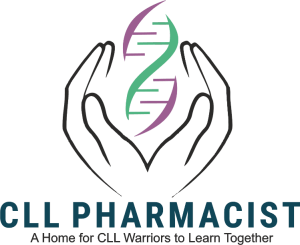
Facebook Support Groups
Chronic Lymphocytic Leukemia Survivors
CLL Support Group For Young People (55 and under)
Blood Cancer Uncensored - Support for Leukaemia, Lymphoma, Myeloma, MDS
CLL Patients and Caregivers Support Group
CLL Support Group (Ages 50 and Under)
CLL Warriors - ANTICANCER LIVING / Leukemia diet, health & wellness!
Helpful Hint #6 – Optimize Your Health
Most people today do not have adequate levels of vitamin D. Clinical studies have shown that having Vitamin D deficiency leads to a shorter time to treatment after diagnosis in CLL. Furthermore, there was a two-fold increase in death among patients deficient in Vitamin D in their blood. Here is a link to one clinical trial conducted by the Mayo Clinic; it is somewhat technical, but the discussion section at the end is the most relevant for patients. Vitamin D insufficiency and prognosis in chronic lymphocytic leukemia | Blood | American Society of Hematology.
Many foods are rich in Vitamin D but if your blood level is below 30 you likely will not get to a healthier level with diet alone. If your levels are above 30 consider adding some more foods rich in Vitamin D to maintain that healthy level.
• It is beneficial to get to a healthier body weight if you are currently overweight or obese. Like Vitamin D deficiency, excess weight is an adverse prognostic factor for CLL, resulting in a shorter time to treatment and less robust outcomes. Furthermore, some of the CLL drugs, especially the Bruton’s Tyrosine Kinase (BTK) inhibitors, ibrutinib, acalabrutinib, and zanabrutinib, have been shown to cause weight gain. So if you can drop some pounds before you need treatment, it may be easier than after you start on one of these drugs. You can ask your CLL or General Practice doctor for a referral to a dietary counselor, or You can obtain one-on-one diet advice from a dietician with the Leukemia and Lymphoma Society. https://www.lls.org/managing-your-cancer/food-and-nutrition
• It may also be beneficial to look at your diet to determine if you are ingesting foods that are immune stimulants, such as processed food, sugar, certain oils, and more. The CLL Warriors Facebook group mentioned earlier focuses on this subject. Again, talking to a dietician may benefit your quest to eliminate those foods that may adversely impact your immune system.
Helpful Hint #7 – Investigate Insurance Options and Learn about Financial Help Early
• Not all insurance plans are the same. Before you need treatment is an excellent time to compare your insurance options. For example, some insurance plans are very restrictive about seeing an out-of-network provider. If you decide to see a CLL specialist, it is vital to know if they are in your network. A less restrictive plan may cost you a bit more upfront but save you money if you see a CLL doctor outside the network. Social workers and financial counselors at your CLL hospital or clinic are an excellent place to learn about insurance coverage choices for your area.
• Every state has a Senior Health Insurance Information Program (SHIIP) that provides unbiased information about your area’s health insurance options. They do not just serve senior residents, so this may be another source of insurance information.
• Another great resource from LLS is a booklet Cancer and Your Finances.
- Check out the CLL Pharmacist Financial Assistance Guide by providing your name and e-mail address below, and we will e-mail the guide to you quickly.
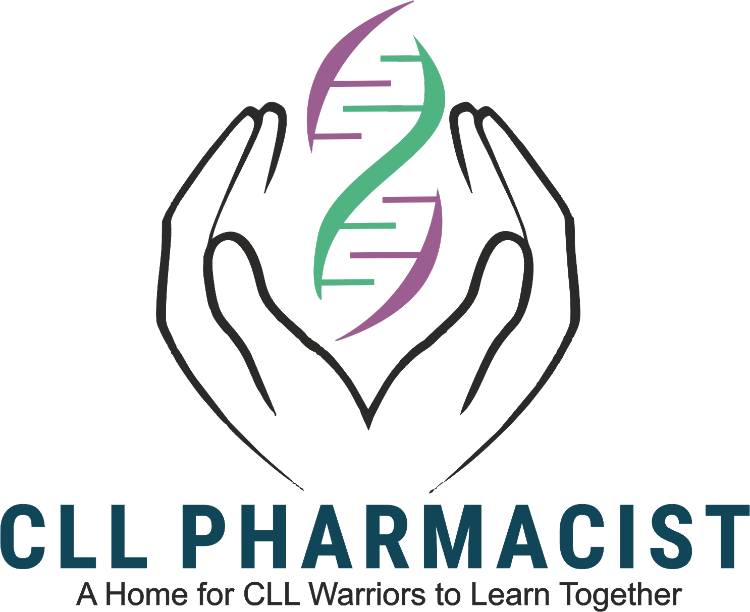
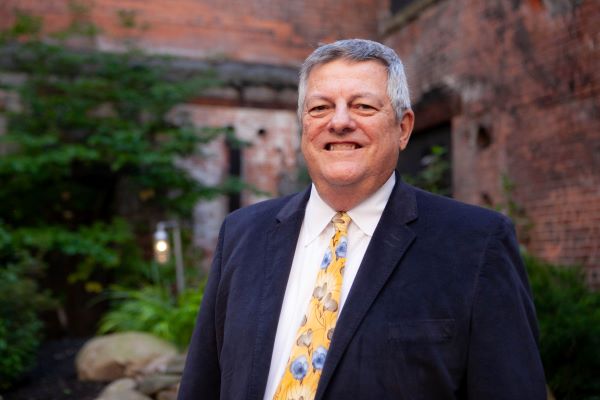
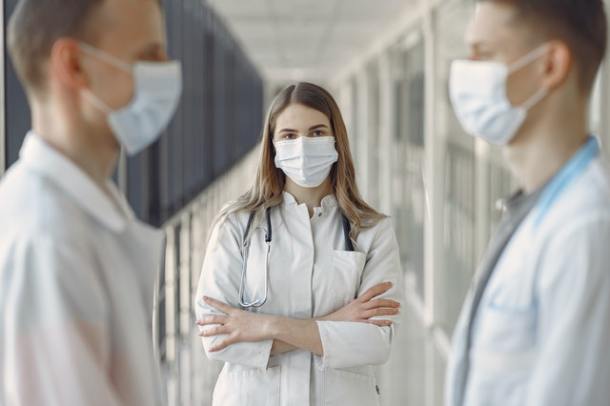
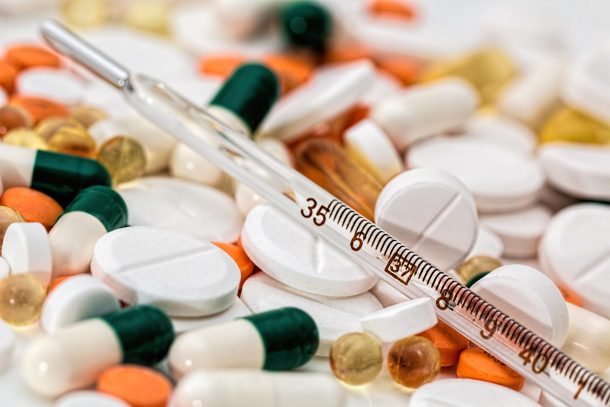
Great! Thank you
Thank You for your kind words!